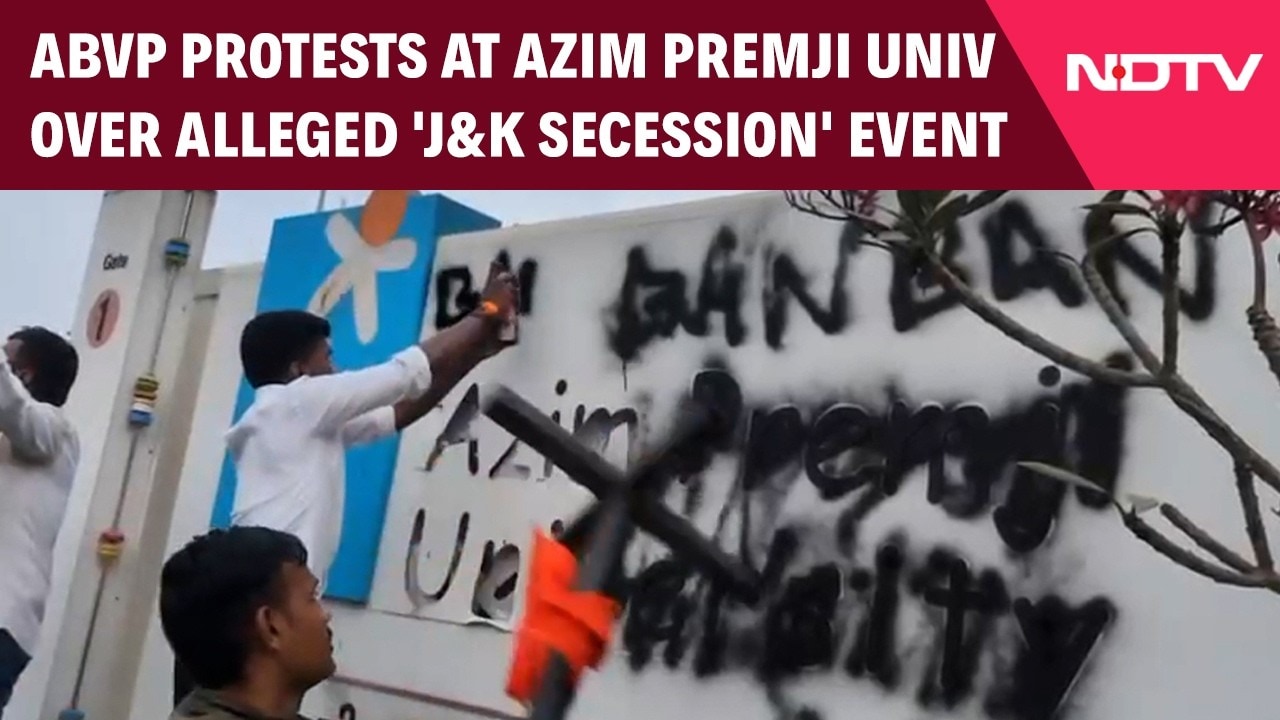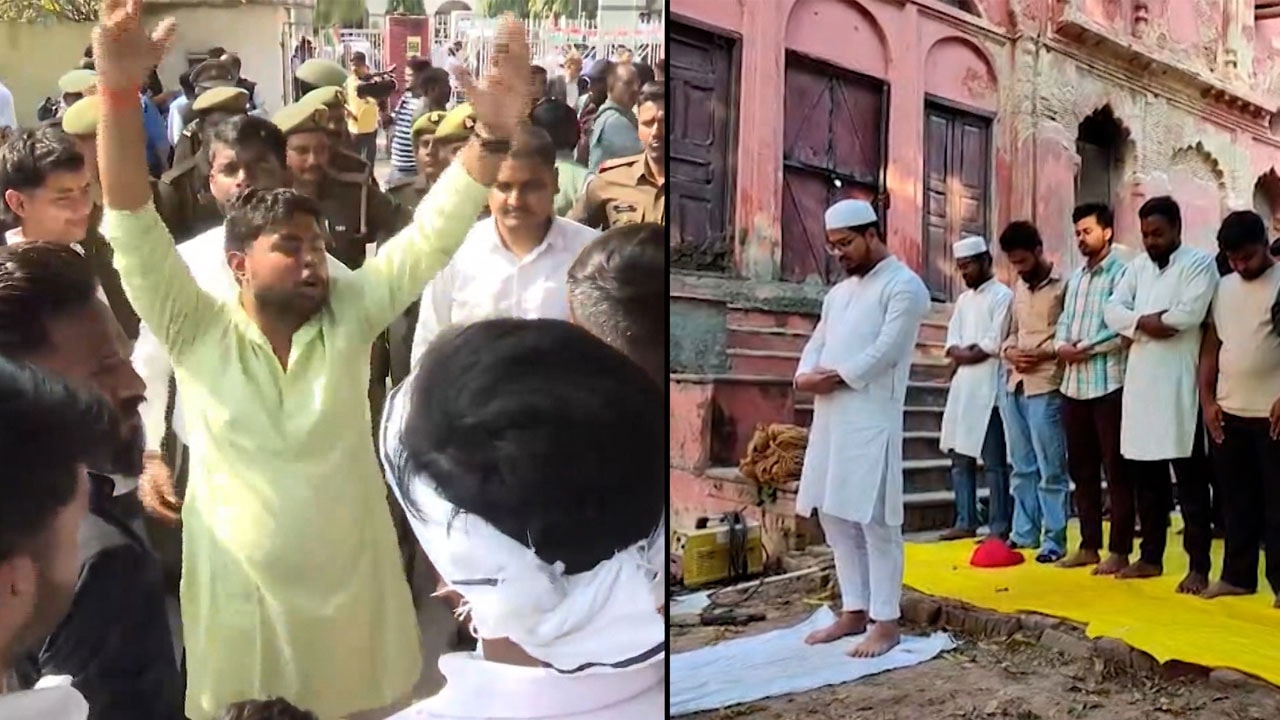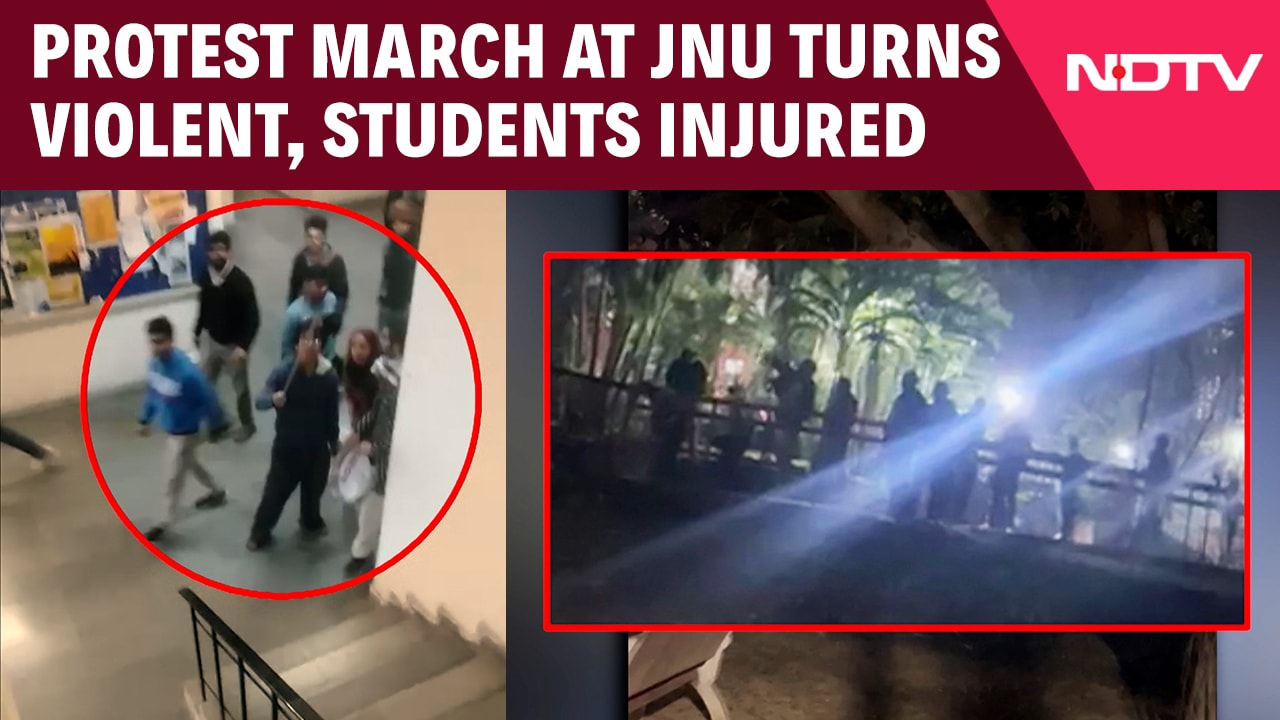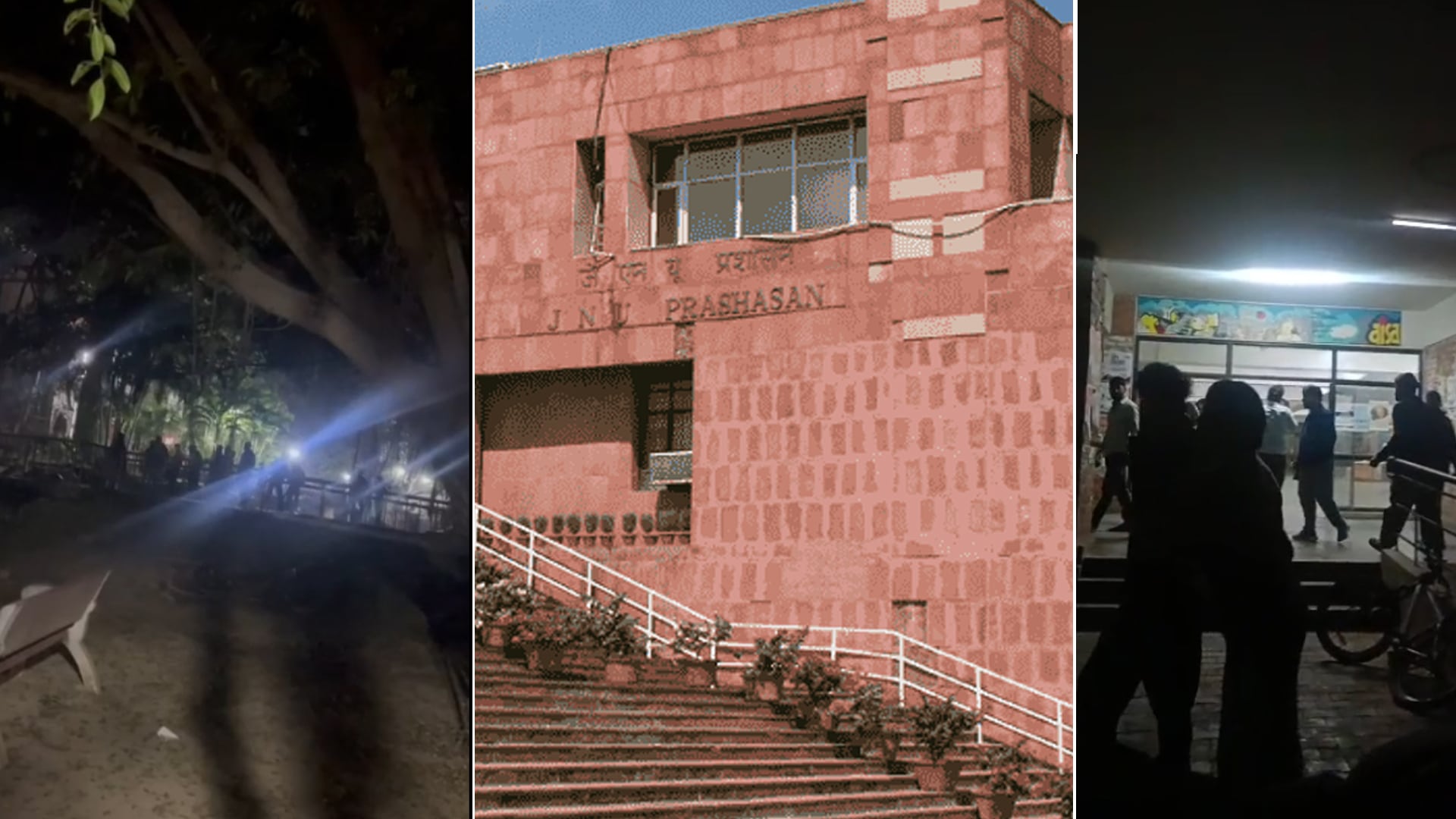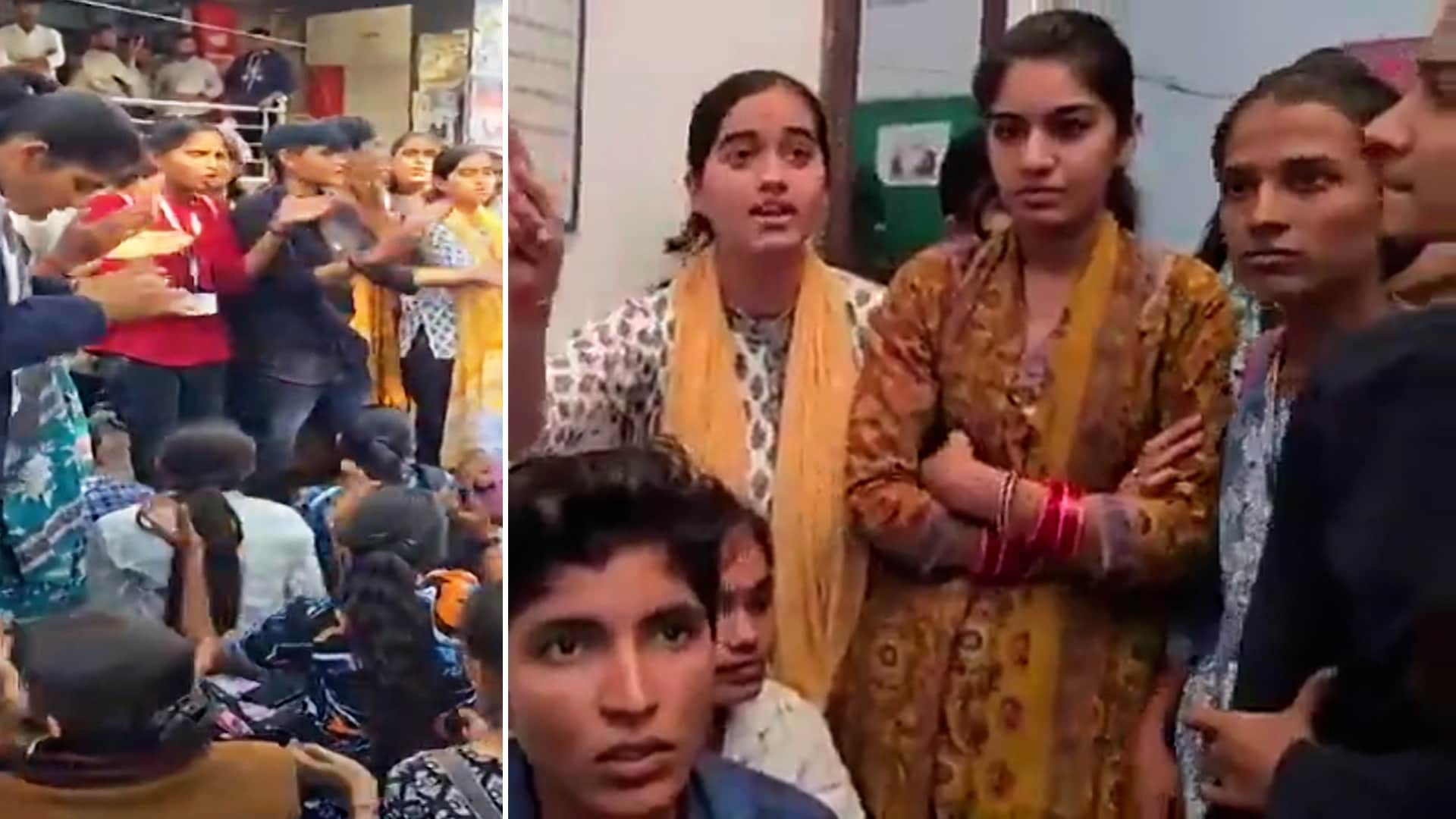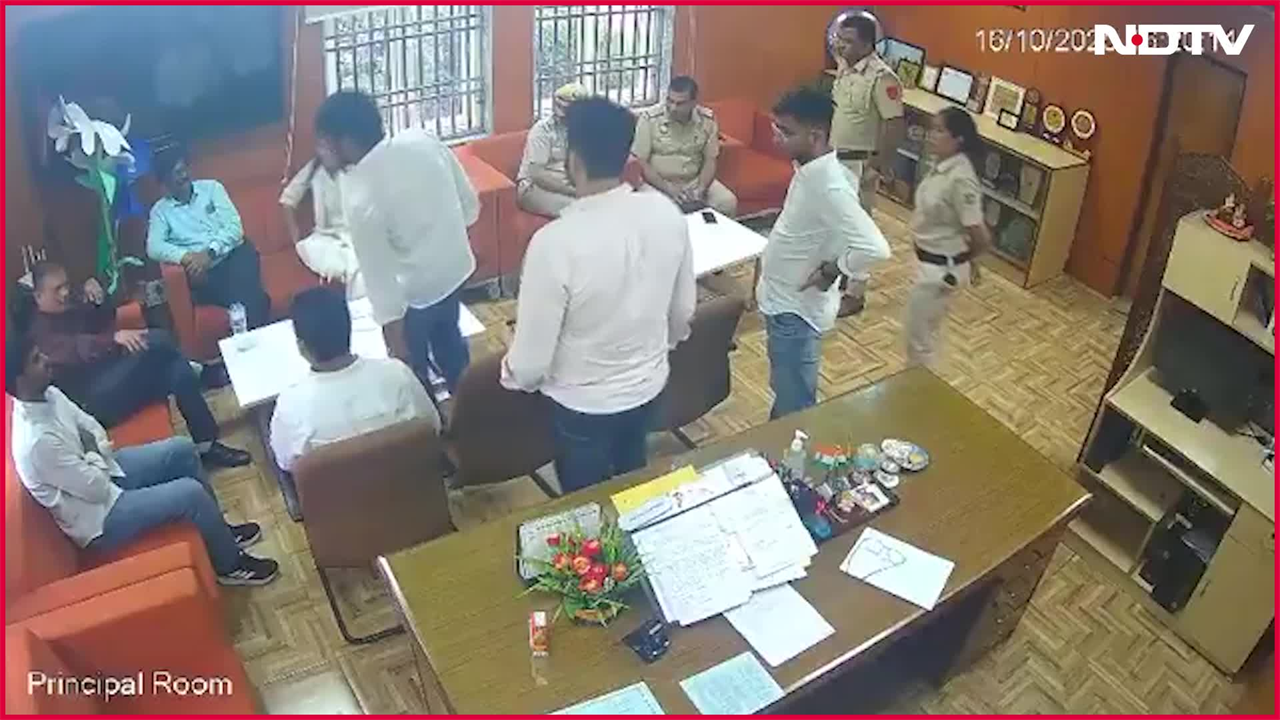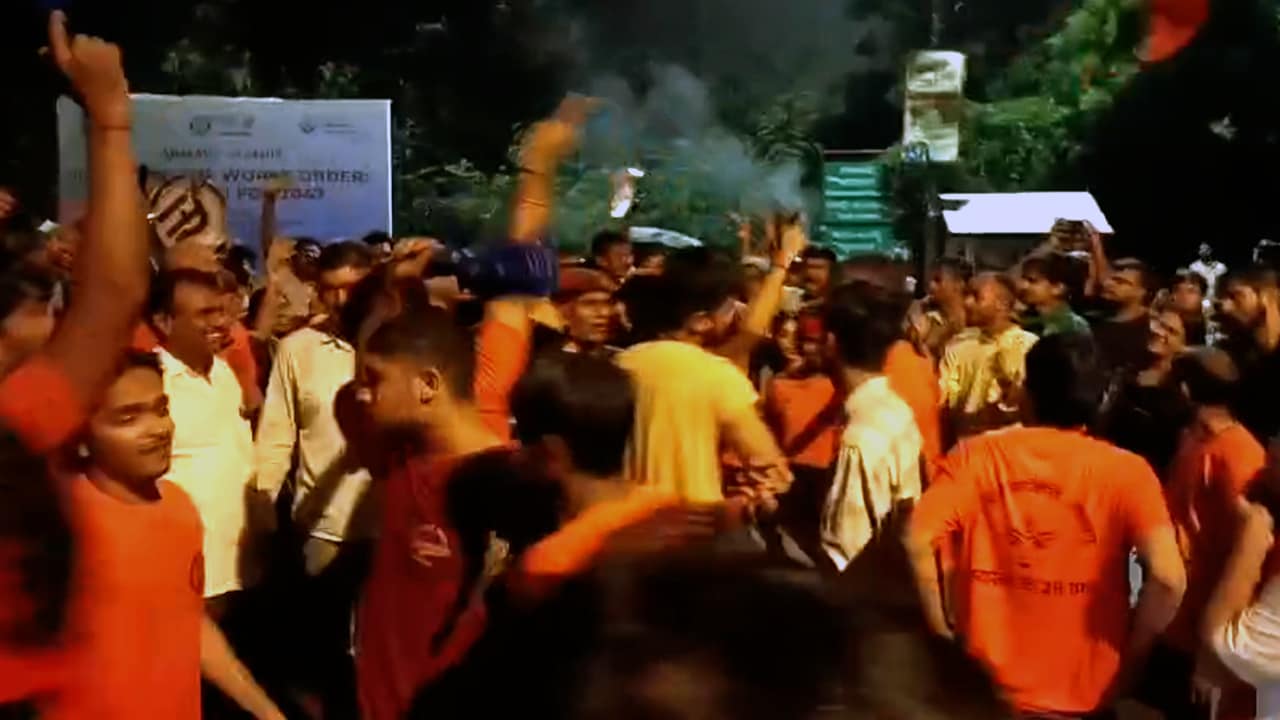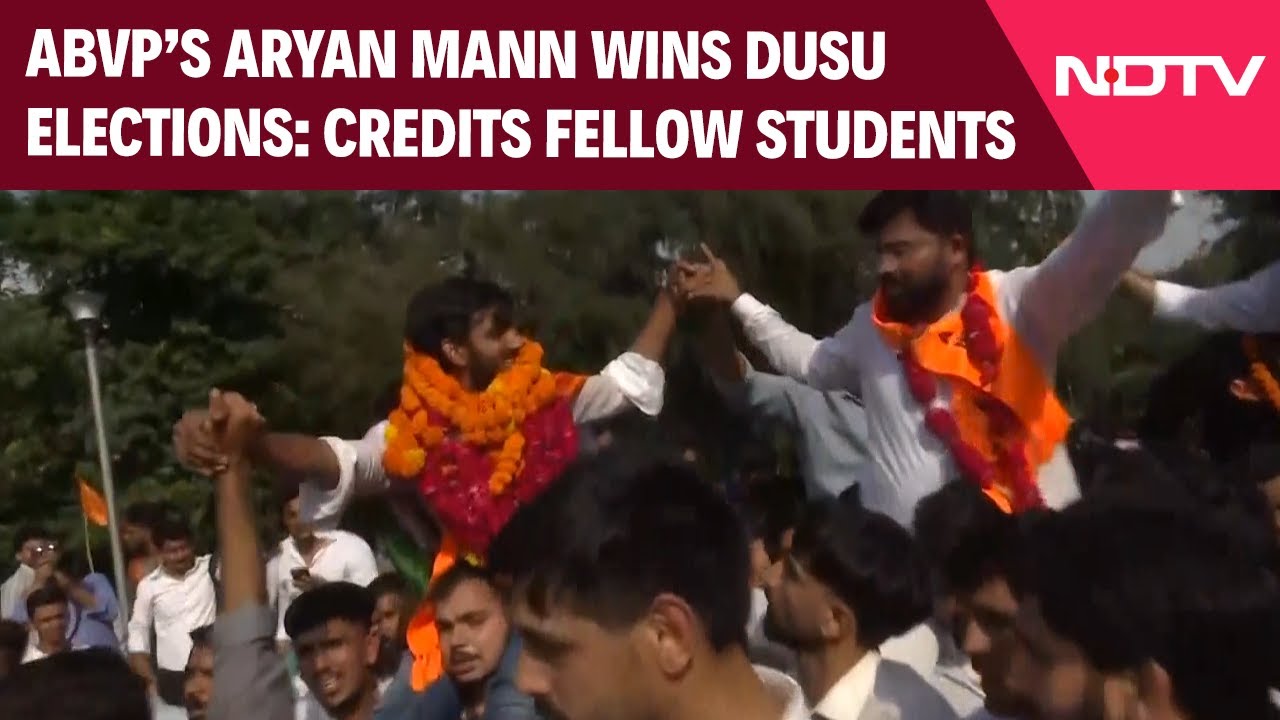Are Students The New Opposition?
India is witnessing student protests across campuses for weeks now - from Jamia to JNU, from AMU to DU, from Madras University to Jadavpur in Bengal - India's students are standing up and speaking out and saying they have the right to express themselves in a democracy and they won't back down. But instead of reaching out to the students, what we have seen is the might of the Indian state coming down on them in full force - whether it was the police high handedness in Jamia to the attack by masked goons in JNU a few days ago. This violence has in fact lead to further protests, the protests which started as demonstrations against the CAA seem to have morphed into something else. Actor Deepika Padukone made a huge statement this week driving up to JNU and standing in solidarity with the students. Today union minister Smriti Irani attacked Deepika Padukone, saying she stood by the people who celebrate every time a CRPF jawan is killed. Today, the Delhi police who haven't arrested a single person for the JNU violence named some suspects. The violence in JNU came in two waves. The first - a group of students, some of them masked, entered JNU's Periyar Hostel around 3:45 pm on January 5. Seen in it, JNUSU president Aishe Ghosh. The second wave came later that night when a masked mob armed with weapons attacked Sabarmati Hostel, seemingly in retaliation to the first attack. The injures suffered in this second attack were serious: Aishe herself had head injuries, so did a Professor. Witnesses say the attack was led by the ABVP. But when the police today for the first time took names of the alleged JNU attackers, the tilt was against the Left. Of the nine people they named, seven are from the Left. One of them, Aishe Ghosh. Only two of nine named today are from the ABVP.
